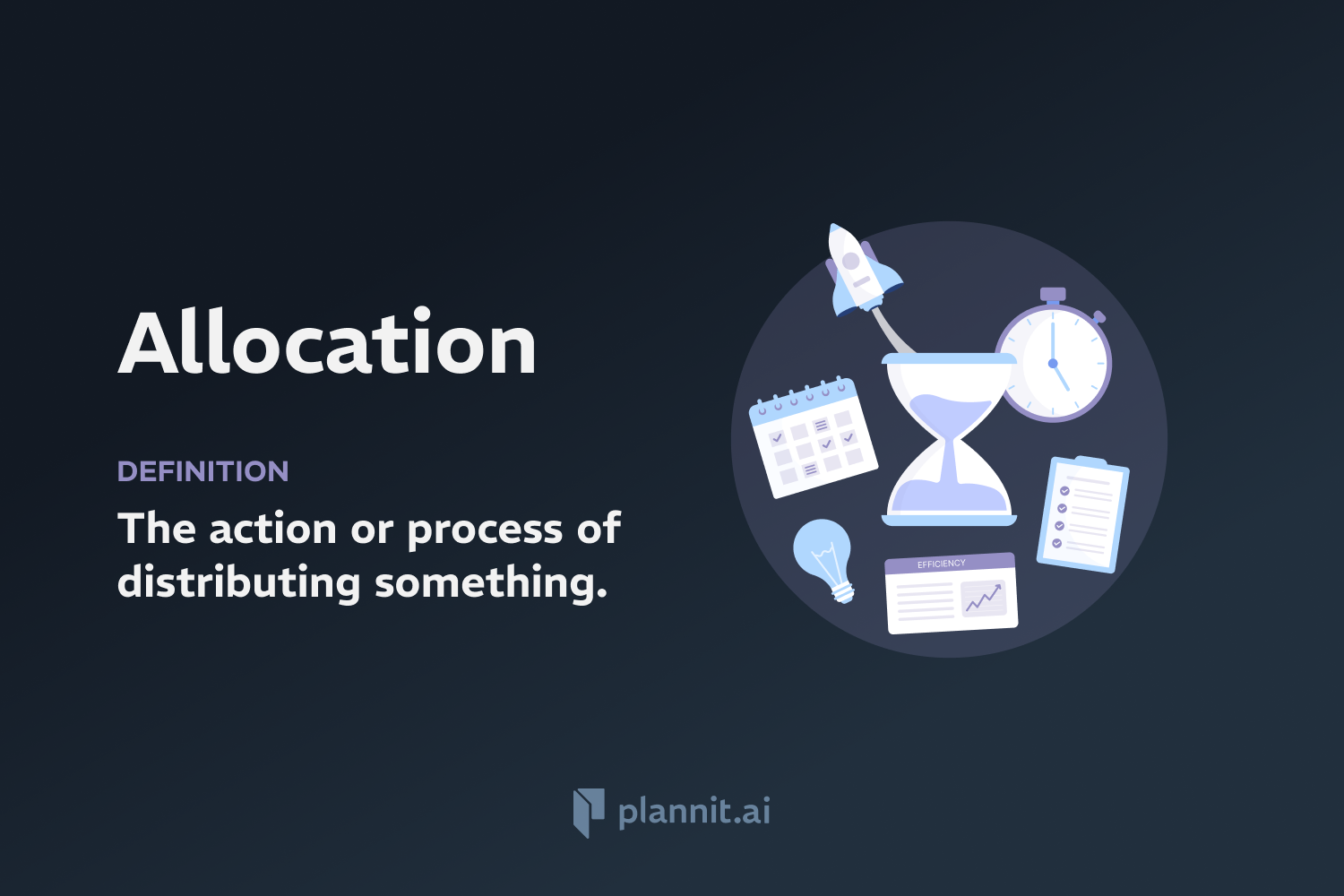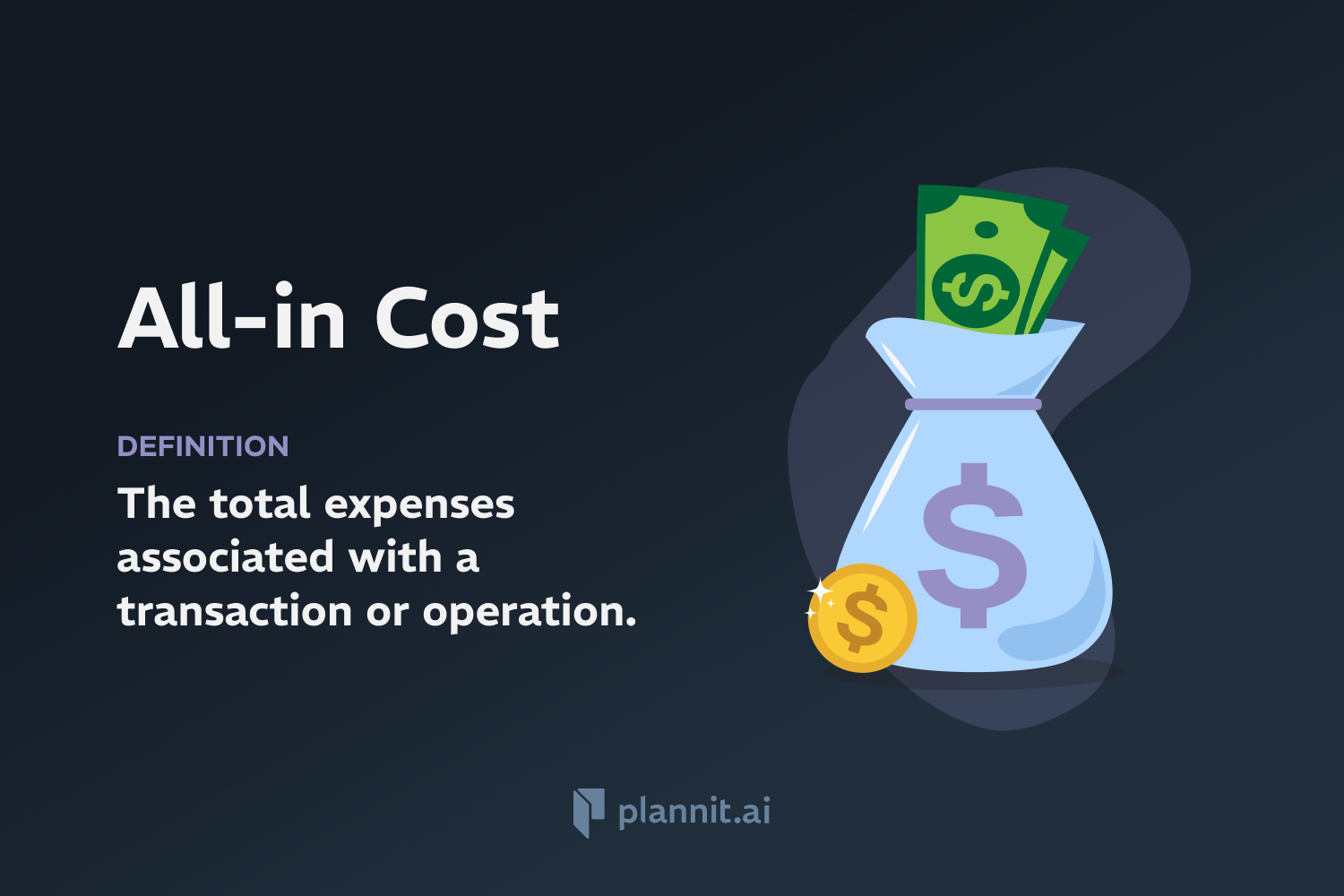Need Help With Your Business Plan?
Answer tailored questions and get a detailed business plan in minutes.
Marketing: Definition & In-Depth Explanation
Definition:
Marketing refers to the activities a company undertakes to promote the buying or selling of a product or service. It includes advertising, selling, and delivering products to consumers or other businesses. Marketing practices vary by industry and are crucial for engaging customers, boosting sales, and building brand awareness.
Context of Use:
Marketing is used in various industries and business contexts, from small local businesses to global corporations. It is applicable in fields such as retail, digital commerce, business-to-business (B2B) services, non-profit operations, and more. Its techniques span across digital and traditional media platforms, targeting diverse demographic groups.
Purpose:
The purpose of marketing is to reach potential customers through the information they find most relevant and engaging and to provide value in a way that enhances brand recognition, maximizes sales, and fosters customer loyalty. It's a strategic tool for establishing relationships, understanding customer needs, and aligning products with market demands.
Example:
Coca-Cola’s Share a Coke Campaign: A personalized marketing strategy that included common names on bottles, increasing customer engagement and sales.
Nike’s Just Do It Campaign: A long-running strategy that communicates empowerment through sports, resonating deeply with a wide audience.
McDonald’s Happy Meal: A product that combines food with collectible toys targeted at families, demonstrating marketing’s role in product strategy.
Related Terms:
Brand Equity: The added value a brand name gives to a product beyond the functional benefits provided.
Consumer Psychology: The study of how thoughts, beliefs, feelings, and perceptions influence how people buy and relate to goods and services.
Market Segmentation: The practice of dividing a target market into approachable groups.
FAQs:
What is the role of digital marketing in today’s business environment?
A: Digital marketing leverages online platforms to reach a broader audience, personalize messages, and measure success through detailed analytics.
How does social media impact marketing strategies?
A: Social media allows for direct interaction with customers, real-time engagement, and can greatly increase brand visibility and loyalty.
What are some common challenges in marketing?
A: Identifying target markets, staying ahead of competition, managing budget constraints, and measuring campaign effectiveness are common challenges.
How important is content marketing for businesses?
A: Content marketing is crucial as it helps establish authority, improve SEO, and provide value to customers leading to trust and loyalty.
Can small businesses benefit from marketing automation?
A: Yes, marketing automation can help small businesses streamline their marketing efforts, improve efficiency, and allow them to compete with larger companies by targeting customers with personalized communications at scale.
Get funding with a business plan that will impress investors.
Starting a New Business?



